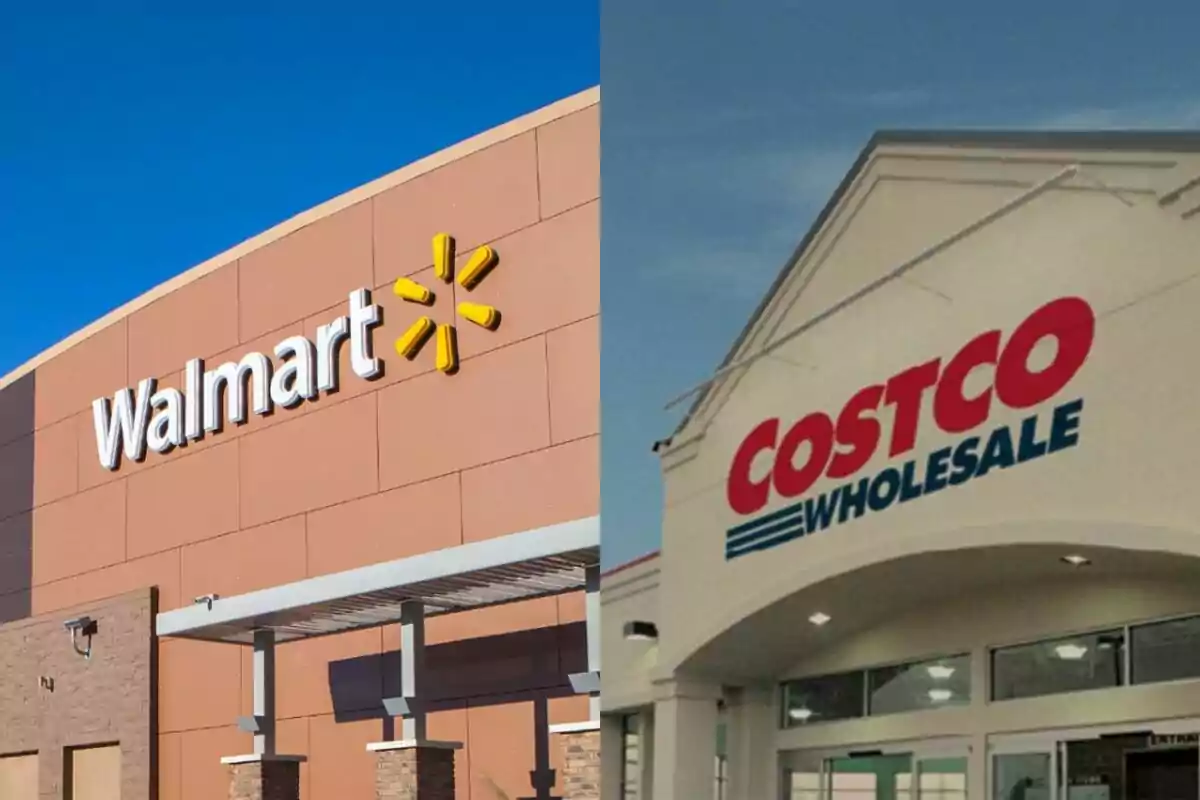The retail market in the United States and Latin America is undergoing a deep transformation process. Large chains are striving to consolidate their operations and capture consumers in an increasingly competitive and digital environment. Companies are resorting to promotions, exclusive collaborations, and a nostalgic offering to attract their customers and keep them loyal.
Consolidation and Disappearance of Small Businesses
This phenomenon, known as the great consolidation, is causing many small family-owned stores to struggle to survive. In many places, traditional shopping streets that were once filled with small businesses are now dominated by retail giants. Today, the retail landscape is characterized by the preponderance of large companies that are part of the Fortune 50 list.

The Dominance of Walmart and Costco in the United States
In the United States, Walmart and Costco are two of the absolute leaders with thousands of stores in operation. Walmart has nearly 5,000 establishments, while Costco operates around 600 stores across the country. These figures reflect a market saturation model that limits competition and sets standards for consumers.
Saturating the market allows these companies to offer few real alternatives to consumers, ensuring their preference. A clear example is Starbucks, with more than 17,000 locations in North America, which dominates through massive presence. This model is increasingly followed by large corporations, which after the pandemic have liquidity to expand even further.
Walmart's Billion-Dollar Investment
Walmart announced in April that it will allocate 6 billion dollars to expand its presence in Mexico and Central America during 2025. This amount represents almost three times the investment made in 2024 in this region. The brands that will benefit from this plan are Bodega Aurrera, Sam's Club, Walmart Supercenters, and Walmart Express.

Walmart and Costco: Competition in Mexico
Currently, Walmart operates around 3,200 stores in Mexico, consolidating its local leadership. Costco, meanwhile, plans to open about 30 new stores this year in Mexico, a country that has become its third most important market globally. The competition between both giants intensifies, reflecting the strategic importance of Mexico in retail expansion.
This investment by Walmart shows the commitment to adapt to a constantly evolving and highly competitive market. The combination of physical expansion and digital strengthening is key to staying relevant against rivals and new consumers. The future of retail will depend on the ability to innovate, adapt, and offer added value in an increasingly digitized environment.

